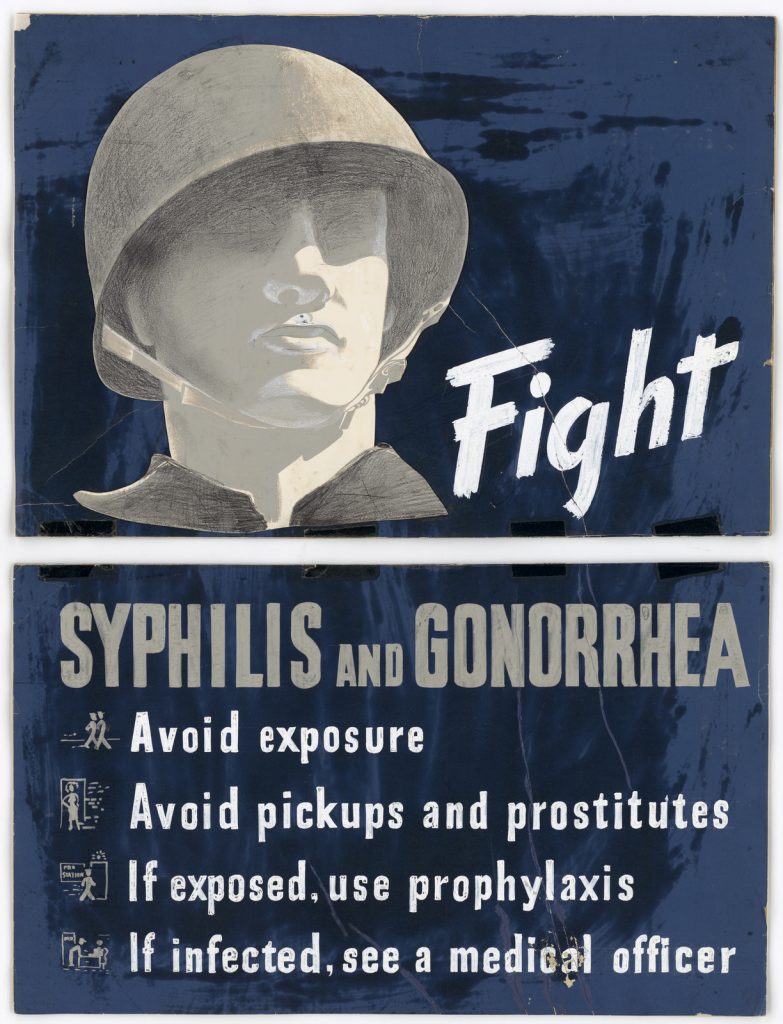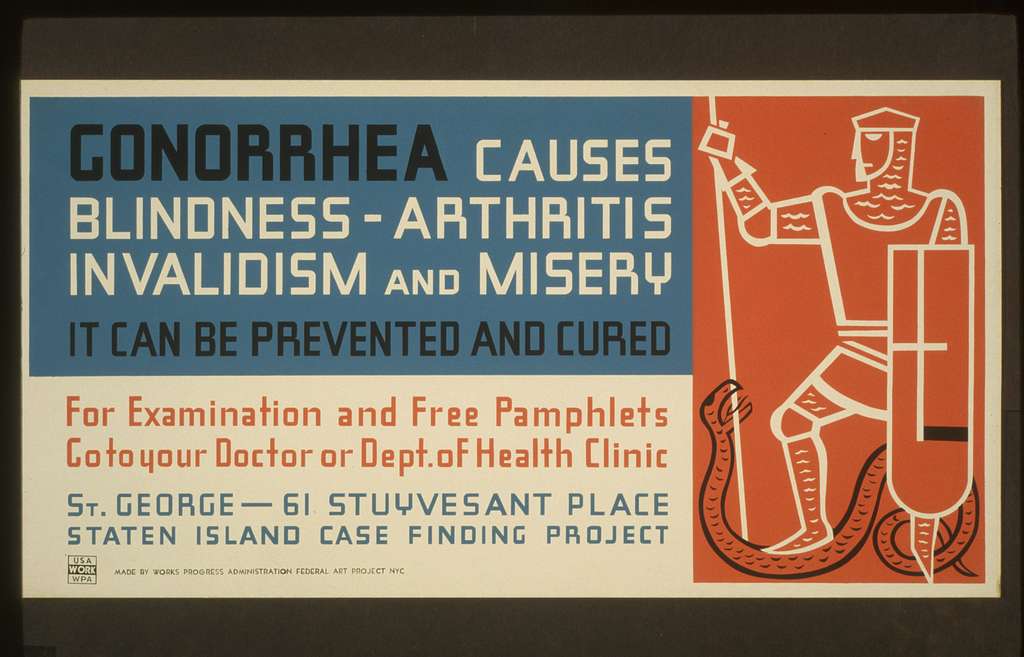The history of Gonnorhea dates back to the 1500s when it was first discovered. It is believed that it was brought over to Europe from the Americas by Spanish sailors.
The first documented case of Gonnorhea was in a man who had contracted it from a woman he had sexual relations with. At the time, there was no cure for Gonnorhea and it was considered a death sentence. Thankfully, medical science has come a long way since then and there are now treatments available that can cure Gonnorhea.
However, it is still a serious STD that can cause long-term health problems if left untreated. That’s why it’s important to get tested and treated as soon as possible if you think you may have contracted Gonnorhea.
Today, this disease is called by many names. But one name that really sticks is “the clap”. So why is Gonorrhea called the clap then? Get into the details of this matter as you continue reading this post.
Why It’s Called ‘The Clap’

There are a few different theories as to why Gonorrhea is colloquially known as “the clap.” One theory is that it was originally called “the French Disease” because it was thought to be spread by French troops during the Napoleonic Wars. Likewise, another popular belief is that the name comes from the French word “clapier” which means “to clap one’s hands together,” in reference to the way people used to applaud doctors for successfully curing someone of the disease.
Another theory is that it got its nickname from the sound that is made when two pieces of metal are clapped together. This is in reference to the sound that is made when a doctor performs a pelvic exam on a woman suspected of having Gonnorhea.
Aside from that, some say it’s because of the sound a man’s penis makes when he has the disease. Others say it comes from a time when prostitutes would give customers a hand clap as they left their brothel.
And yet another story suggests that in the early days of diagnosis, doctors would literally clap their patients on the back to check for stiffness in the joints, which was one of the symptoms of Gonorrhea.
In addition, Others believe that it is named after the Medieval French word “clapier” which means “brothel.” The term “clapier” was used to refer to a brothel, and it’s believed that the phrase “le clapier” was used to describe Gonorrhea because it was so commonly spread at brothels.
It is also possible that it is named after the Latin word “clavis” which means “key,” as in the key to unlocking the door to better health. Whatever the true origins of its name, Gonorrhea is certainly a disease that no one wants to contract.
Despite its nickname, Gonorrhea is no laughing matter. It is a serious sexually transmitted infection (STI) that can cause a number of health problems if left untreated. Gonorrhea is caused by the bacterium Neisseria gonorrhoeae and is typically spread through sexual contact with someone who is infected. The bacteria can infect the genitals, rectum, and throat. Gonorrhea is a very common STI, with over 820,000 new cases reported each year in the United States alone.
Having Gonorrhea Is A Very Serious Matter
Gonorrhea is not fatal in most cases, but can cause serious health problems. In rare cases, it can be deadly. The most common symptom of gonorrhea is a burning sensation when urinating. Other symptoms may include:
- Increased discharge from the penis or vagina
- Painful or swollen testicles
- Anal itching or bleeding
- Painful bowel movements
If left untreated, gonorrhea can lead to:
- Pelvic inflammatory disease (PID) in women, which can cause infertility
- Epididymitis in men, which can lead to sterility
- Increased risk of HIV infection
While Gonorrhea is treatable with antibiotics, it is becoming increasingly difficult to treat due to antibiotic resistance. This means that the bacteria are becoming more and more resistant to the antibiotics used to treat them, making Gonorrhea a more serious health threat.
The best way to prevent Gonorrhea (and other STIs) is to practice safe sex by using condoms and limiting the number of sexual partners you have. If you are sexually active, it is also important to get tested regularly so that you can catch any STIs early and get treated before they cause serious health problems.
If you think you may have Gonorrhea, it is important to see a doctor so that you can be properly treated. Get an online STD consultation from CureDose.com today and be treated immediately.
